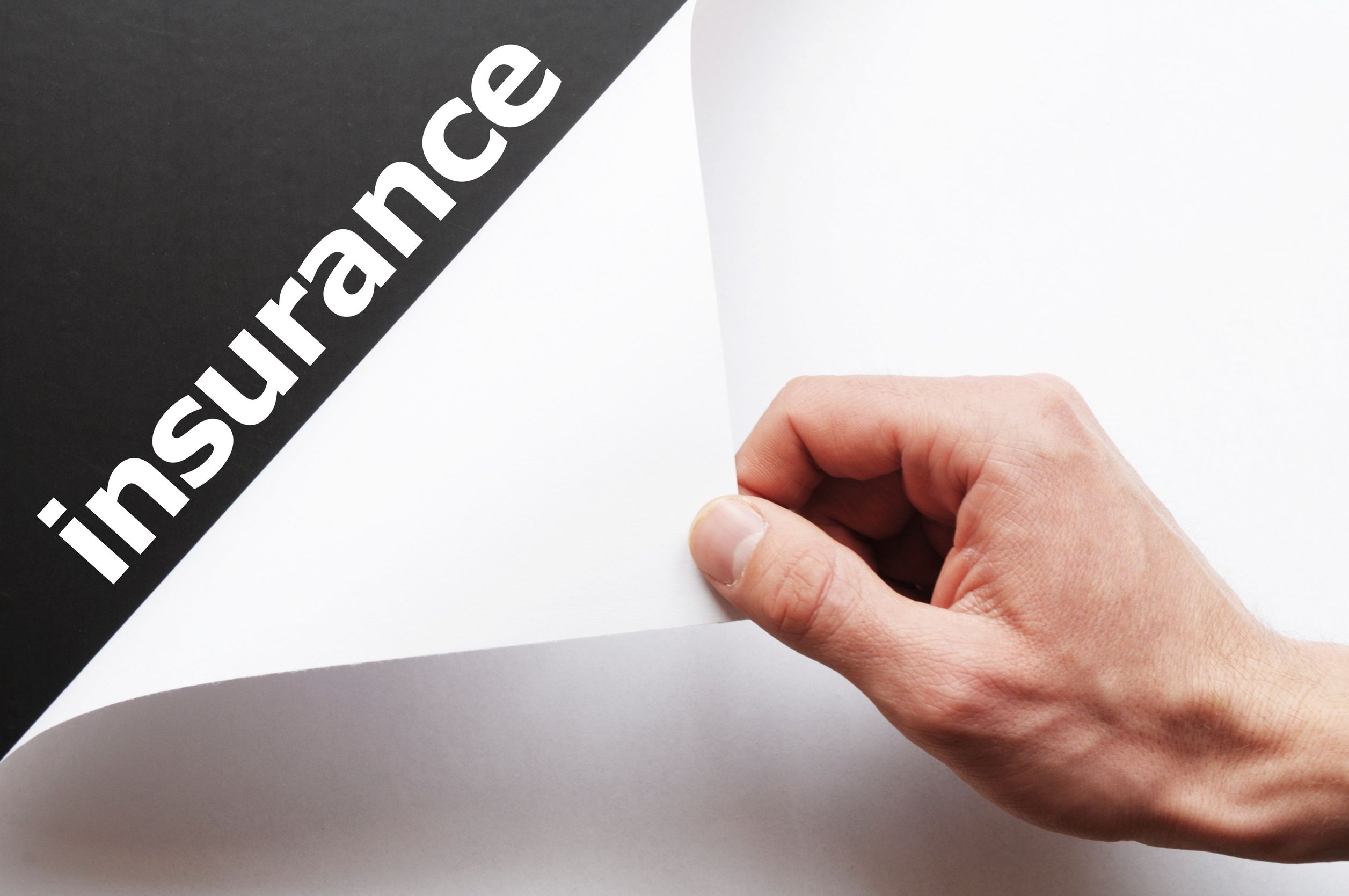When you take out coverage for your automobile, it may include six types of protection. Each of the coverages are priced separately. The main insurance types of insurance protection include bodily injury liability, medical payments, property damage liability, collision, and comprehensive. You may also opt for uninsured or underinsured motorist protection.
Minimum Requirements
If you take out your auto insurance in Tulsa, OK and homeowner’s insurance from the same company, you can save money on the combined coverages. In Oklahoma, you need to buy car insurance in order to fulfill the state’s legal and tort requirements for owning and registering a vehicle. Therefore, your policy must include liability protection to assist you in covering the expenses related to property damages or injuries from an accident you may cause.
In Oklahoma, the limits set for liability auto insurance coverage include the following minimums:
- $25,000 for death or injury for each person
- $50,000 for injury or death if more than one person was hurt in an accident
- $25,000 in property damage coverage.
Other Insurance Coverages
While the state only requires that Tulsa auto insurance customers buy the liability coverage, you may want to also purchase the other coverages:
- Collision coverage will help you pay for any damages that occur to your car in an accident.
- Comprehensive insurance covers non-accident related damages to a vehicle. These damages may be caused by water, fire, or theft.
- Uninsured or underinsured motorist coverage protects you if you are struck by an uninsured or underinsured driver.
- Medical payments covers your medical expenses if you are hurt in an accident.
Although collision and comprehensive auto insurance are not required legally, they frequently must be purchased if you lease a car or take out a vehicle loan. Oklahomans must be able to show proof of insurance coverage when they register their car at a DMV as well as during any traffic stops. Proof of insurance must include your contact details as well as your car’s description and VIN number and the NAIC number of your insurance company.


